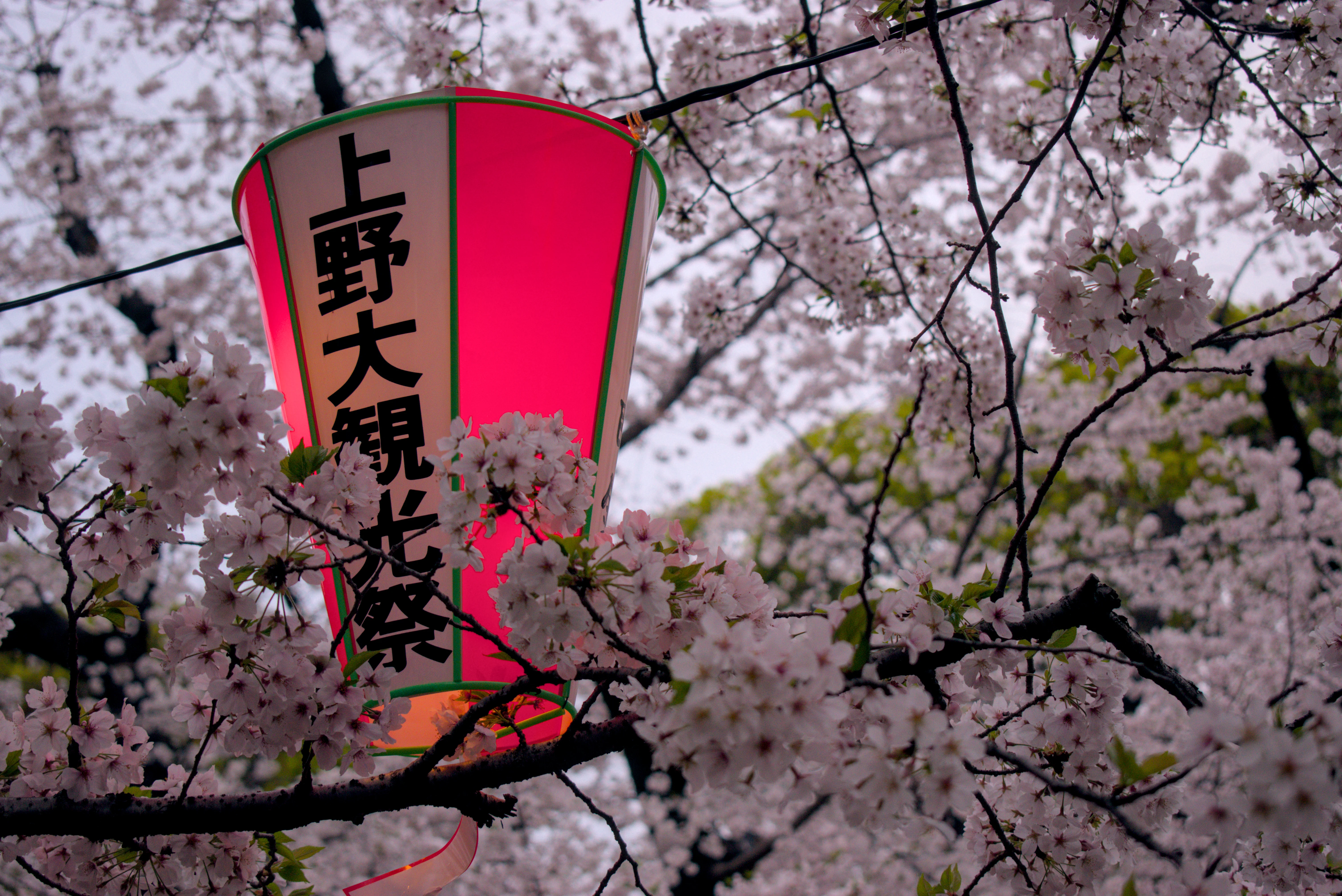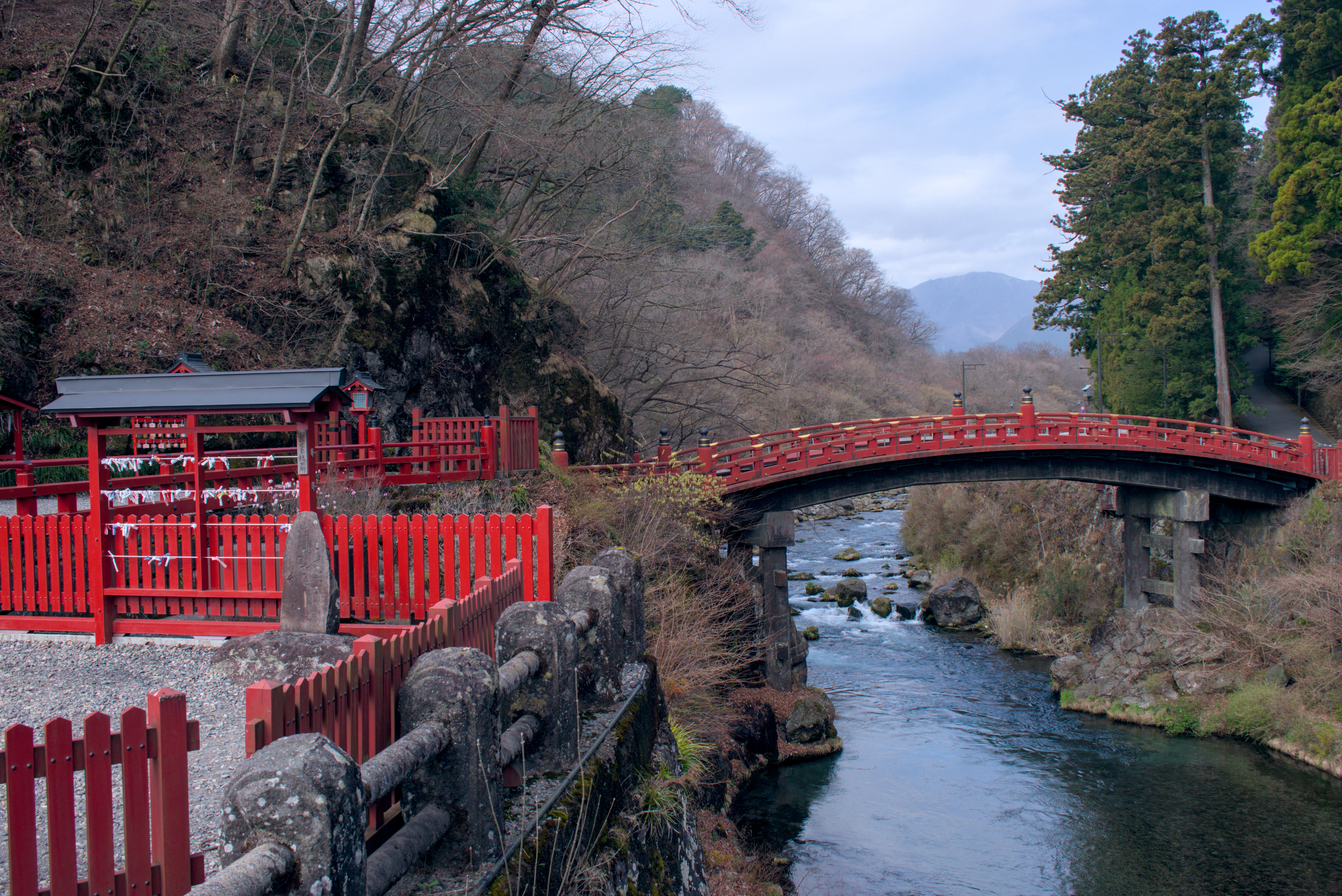How to Start Learning Japanese by Yourself at Home Tutorial
So first of all, I am not a Japanese teacher! I am just a guy who likes Japan and started learning Japanese. I first started learning under one Japanese man who lived in my country. Huge thanks to him for giving lessons for free just for fun. After he ended, I decided to continue learning by myself. This article contains advice about learning Japanese that I personally found to be the most effective. I will start by summarizing the knowledge I got from this sensei of mine and then I will mention other sources that I used to go on with my studies. If you want to be a Japanese master, just pay for a course and buy a good textbook. But the important thing is that Japanese grammar is not too complex or difficult to learn!
My dream of being able to to watch anime without subtitles and understand everything is still far, but I went to Japan several times and found out that I can actually speak with locals and understand them! Yaaay!!! I was even able to talk about more complex topics like hobbies or technical stuff than just asking for directions. That showed me that my studies were not in vain. Oh and please forget about learning Japanese from anime. Not that you can't learn many words from anime but usually the resolution to use anime to study Japanese is just an excuse to watch even more anime and you will not be able to understand much without the theory. Our sensei also told us not to use anime expressions since they are often impolite and might sound offensive to Japanese even when spoken by a foreigner. On the other hand, Japanese love to see foreigners trying to speak their language. I often got that typical Japanese surprised and overjoyed "Oooooooooooooooooooo" sounds from them when I started speaking :D.

So I will try to explain the most crucial principles in Japanese language and mention things that I think are important to learn in order to be able to speak and understand Japanese at least as a dumb gaijin who is trying his/her best! I am not a lunguist or teacher so if you think some parts are not correct, please leave a comment below. I am trying to explain things in a way that they are actually applicable without a complex theory.
Very basic grammar
So how do I make a sentence in Japanese? Well you use the same things as in any other language. Nouns, pronouns, verbs, adjectives and so-called particles which are basically prepositions and conjunctions. Let's start with a very simple sentence:
Watashi wa tabemasu. (私は食べます)
I eat.
watashi = Iwa = particle which is used to introduce the main topic of the sentence
tabemasu = to eat in a polite present form
This is quite simple. In English we would not use any particle. Particles in Japanese are used to connect words quite often. Wa particle can be translated as "as for" so basically the sentence would mean "As for me, I eat." It is often used as the main particle in the sentence connecting the subject and object.
There are only two tenses in Japanese, present and past. Future is usually expressed by the context. For example:
Watashi wa ashita tabemasu. (私は明日食べます)
I will eat tomorrow.
ashita = tomorrowThe sentence is the same just the time is defined by an additional word.
So how are other tenses expressed? By the ending of the verb. Every Japanese verb consists of a verb stem and suffix. You can use this Japanese conjugator tool which can generate all the forms of the entered verb. You will learn the correct conjugations of the verbs by simply using them a lot. Japanese culture is based on mutual respect and etiquette so Japanese verbs have both polite (when talking in public or with people we are not very familiar with or people who are higher than us in whatever situation) and plain forms (when talking with friends). Here is a simple idea behind the conjugation:
- masu ending - present polite
- ru or u ending - present plain
- mashita ending - past polite
- ta ending - past plain
- masen - present negative polite
- nai - present negatove plain
- masen deshita - past negative polite
- nakatta - past negatove plain
- te or de ending - request or when connecting multiple sentences
- te imasu or de imasu ending - present continuous polite
- te iru or de iru ending - present continuous plain
- ro or ou ending - imperative
- zou ending - let's...plain
- mashou ending - let's...polite
There are other forms as well, but I wanted to show just some basic ones now. So examples:
Watashi wa tabemashita. (私は食べました)
I ate.
Watashi wa tabete imasu. (私は食べています)
I am eating.
Tabemashou. (食べましょう)
Let's eat.
Questions are simply created by adding ka ending to the verbs.
Tabemashouka. (食べましょうか)
Shall we eat?
Anata wa tabete imasuka. (あなたは食べていますか)
Are you eating?
anata = you
Now let's try other particles. Generally, particles are used like this:
- wa - introducing main topic of the sentence (it is written with Japanese ha (は))
- ga - very similar to wa but puts more ephasis on the words before this particle
- no - used to express possession or makes adjectives of other words
- ni - defines a place (something like at, in, on)
- e - defines a direction
- wo - defines an object
- de - defines a way of doing somehting or defines a place like ni
- mo - means too
- to - means and or with
- kara - means from
- made - means to or until - in pari with kara
Watashi wa koko ni anata to ramen wo tabete imasu (私はここにあなたとラーメンを食べています)
I am eating ramen here with you.
koko = hereramen = well...ramen - those Japanese noodles :D
So "koko ni" is at this place, here, "anata to" is with you (like me and you), "ramen wo" defines what do I eat - ramen with the "wo" particle.
Sometimes it is actually tricky to get the particles right. Some verbs just are associated with certain particles, and one just has to remeber them. For example:
Watashi wa taberu koto ga suki desu. (私は食べることが好きです)
I like eating.
koto = can be used to make a noun of verb (no can be used in the same way)suki desu = to like
Maybe you would intuitively think that the particle "wo" would be better for working with an object but in case of "suki", "ga" is used.
Desu is so called copula verb and it can be used as "to be". This word is very important and present everywhere. It is conjugates similarly to other verbs like da (plain present), deshita (past polite), data (past plain) but it is a bit irregular.
Watashi no namae ha Hitokage desu. (私の名前は人影です)
My name is Hitokage.
namae = nameAnother important verbs are aru and iru. Both mean something like "to exist, to be" and iru is used for living beings while aru for things.
Koko ni ningen ga imasu. (ここに人間がいます)
Here is a human.
koko = hereningen = human
imasu = present polite form of iru
Hon ha arimasu? (本があります)
hon = bookThere is a book.
And this is the basic way to create sentences.
What else to learn
There are sooo many other things to learn of course. I will just mention some important ones for which I recommend to look for another study sources.
Kosoado - here, there, over there, where
Let's start with a list:
- kore, sore, are, dore - this one, that one, that one over there, which one
- kono, sono, ano, dono - this, that, that over there, which
- koko, soko, asoko, doko - here, there, over there, where
- kochira, sochira, achira, dochira - this direction, that direction, that direction over there, which direction
The kosoado scheme defines the distance from the speaker from the closest to the furthest or even unknown. The list should be pretty self-explanatory.
Ano hito wa dare desuka? (あの人は誰ですか)
Who is that person over there?
hito = persondare = who
Omitting the person
You can often omit the subject like:
(Anata wa) Dare desuka? ((あなたは)誰ですか)
Who are you?
Family members
You should use different words for members of your family or members of other families. For example: "otoosan" is someone's father, but "chichi" is my father. Sometimes not using the words for other families when talking about my own family can be used to sound more polite.

Special words
I am sometimes quite surprised to hear that Japanese have special words for words that are normally compounds of multiple words in English. For example: "ototoshi, kyonen, kotoshi, rainen, sarainen" means a year before last year, last year, this year, next year, year after next year. Or "yu" means hot water. I once wanted to get a hot water in a convenience store and I was asking for the, literally said, "atatakai mizu" where "atatakai" means warm and "mizu" water and the assistant was quite confused and told me that they do not have anything like that. But I saw the kettle with the water in front of me so I had to accept my shame and point at it like a real gaijin :D.
Counting
There are standard numbers in Japanese like "ichi, ni, san..." meaning one, two, three... But when used in sentence, these are often used just to say the number alone. If we want to say, for example, one person, it is not "ichi hito" but "hitori". Apart from these irregularities, the common way to count various things is by adding a suffix at the number or using a more general "hitotsu, futatsu, mittsu..." counting. With suffix, we need to use a different suffix for different objects. For example, "nikai" means twice, or "nichaku" means two pieces of cloth, or "nisoku" means two socks etc.
Other verb forms
Verbs can be adjusted to different meanings, usually by the form of the verb itself and possibly additional suffix or words after it. Here is an example of taberu (to eat) in many ways:
- taberu - eat
- tabete iru - eating
- tabemashita - ate
- taberu beki desu - should eat
- tabenakereba naranai - must heat
- tabemasen - don't eat
- tabereru - can eat
- taberareru - be eaten
- tabetai - want to eat
- tabe ni ittekimasu - going to eat
- tabete kudasai - eat please
- tabete itadakemasenka - could you please eat?
- tabemasuka - eat?
- tabete shimatta - are (with regret)
- tabete wa ikenai - must not eat
- tabenai ka - wil not eat?
- taberu hazu - supposed to eat
- taberu na - don't eat!
- tabesou desu - looks like eating
- tabezu - without eating
- tabekanenai - is likely to eat
- tabettara - if (you) eat
- ...
Two kinds of adjectives
There are NA and I adjectives in Japanese and both categories conjugate in a certain way. For example, "takai, takaku" means high and highly, and "shizukana, shizukani" means quiet and quietly. To create a noun of adjectives the suffix "sa" can be added to the stem like "takasa, shizukasa" height and quietness. It is also possible to create an adjective of verbs like "tabette iru hito" meaning eating person. Or from nouns like "hito no kage" human shadow.
Writing and reading
....
Well...
I am not very good at this.
I even met a tourist in Japan who didn't know English and spoke to me in Japanese.
He told me that he couldn't read Japanese.
To be honest, my main focus is being able to talk.
I remember seeing one ancient grave in Koya-san and I couln't read the Japanese text.
It was someone famous since everyone was standing there so I asked one lady if she could read this for me and I got another portion of "Oooooooo" sound and all the Japanese formed a circle around us really amazed that we could somehow speak :D.
Right, no excuses, seriously.
Japanese has two phoneticla alphabets where every symbol has a certain sound like English alphabet.
Hiragana which is commonly used in texts and katakana which is used to transcribe foreign words or to emphasize some words.
Then there are the Chinese characters called kanji.
There are thousands of them!
Some hard ones often have the pronunciation in hiragana written above.
There is only one advice, just memorize them or find a way to write/read a lot to get used to them.
Kanji was originally formed of small pictures representing the given objects.
It is possible to connect the shapes of kanji with the objects they represent and use this as a help to memorize them.
Just look for kanji mnemonics.
For example 一,二,三 mean one, two, three.
Yea these are silly...
Also, note that kanji often have several ways to pronounce them depending of their usage.
To write Japanese you can install Japanese keyboard layout to your PC or simply use Google Translate where you can enable the Japanese symbol in the corner and as you type in latin with standard keyboard your text is transcribed to Japanese and even merged into kanji.

Good self-study resources
I think that the best way to be able to speak Japanese is to learn about the grammar which is not hard and learn as much vocabulary as possible. From my own experience, I can use the grammar but most of my hesitations and errors are caused by my limited vocabulary. To learn new words I used Japanese in a Flash which is a set of flash cards with the word in Japanese, example sentence and similar words. A great dictionary is Jisho which also contains many example sentences which can help you to understand the meaning of the word. There is also an animation of the kanji strokes to show you how it should be written. Good way to learn kanji or kana writing is by using mobile and tablet apps where you can draw the symbol and get it checked if it is accurate or not. I found Japanese Kanji Study quite useful. I also made a simple vocabulary practice tool which is free to use. Another cool web app is a practice of the Japanese counters at Jyosuushi. A great collection of JLPT tests, explanations and exercises is available at Jtest4you. Similarly, JLPTSensei contains a lot of grammar explanations and vocabularies for JLPT exams. If you want to get a good textbook with vocabulary and grammar, go for Genki which is widely used in Japanese classes.
To learn advanced grammar and various speech figures, I often found the answer at Maggie Sensei Japanese learning blog. You can of course find some video series about Japanese such as by Yuta.
For a general Japanese practice including reading, listening, and vocabulary I can recommend Duolingo which is a free website or mobile app for language learning and covers basic and also advanced and colloquial sentences. It is not a good way to start learning since the exercises do not contain any theoretical explanation, but it is a great tool to practice the already learned things and extend the vocabulary. Listening can be practiced with some tutoring YouTube videos. I can recommend this short series of Easy Japanese or Easy Talking videos by Naoko.
If you have a question about grammar or word usage, first try Google. You are often not the first person to ask and the answer can already be found. If that is not the case, you can ask at Hi Native, Japanese Stack, or Word Reference Forum where people are always happy to help.
And that's all. This article is not a Japanese lesson, but rather an introduction that I would like to hear when I started. I hope you find this useful. One more special tip. I often do this exercise taking a dictionary or maybe having Google prepared and I select a topic in my head that I want to talk about and try to tell it in Japanese. If I don't know a word or how to say a certain sentence I look it up and continue. Since it is always a topic close to me it is easy to get the emotional feeling connected to the words I am learning to remember the newly learned stuff.

Keywords: language, explained, Asia, Japan
#learnjapanese #japanese #languagelearning #speakjapanese
Privacy Terms